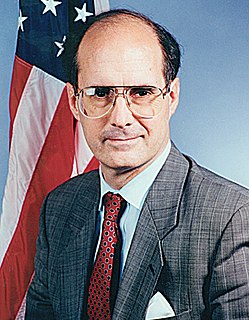A Quote by Clive Lewis
We know growing technological developments in artificial intelligence, automation and big data mean that democratic socialism in the 21st century must adapt to such a rapidly changing world.
Related Quotes
Warp speed developments in technology - automation, artificial intelligence, and the arrival of the sharing economy - are transforming how we work. Beyond technology, traditional working patterns are also being disrupted by changes in society, organizations and workforce management, leading to the rise of a more independent and dispersed workforce.
Given that the nineteenth century was the century of Socialism, of Liberalism, and of Democracy, it does not necessarily follow that the twentieth century must also be a century of Socialism, Liberalism and Democracy: political doctrines pass, but humanity remains, and it may rather be expected that this will be a century of authority ... a century of Fascism. For if the nineteenth century was a century of individualism it may be expected that this will be the century of collectivism and hence the century of the State.
The ideals of technological culture remain underdeveloped and therefore outside of popular culture and the practical ideals of democracy. This is also why society as a whole has no control over technological developments. And this is one of the gravest threats to democracy in the near future. It is, then, imperative to develop a democratic technological culture.
I think whatever nation or whoever develops one artificial intelligence will probably make it so that artificial intelligence always stays ahead of any other developing artificial intelligence at any other point in time. It might even do things like send viruses to a second artificial intelligence, just so it can wipe it out, to protect its grounds. It's gonna be very similar to national politics.
Here is one optimists reason for believing unity will prevail ... within the next hundred years ... nationhood as we know it will be obsolete; all states will recognize a single, global authority. A phrase briefly fashionable in the mid-20th century -- citizen of the world -- will have assumed real meaning by the end of the 21st. All countries are basically social arrangements, accommodations to changing circumstances. No matter how permanent and even sacred they may seem at any one time, in fact they are all artificial and temporary.































